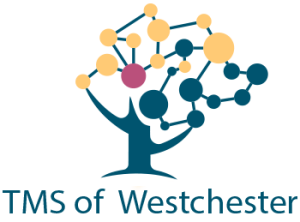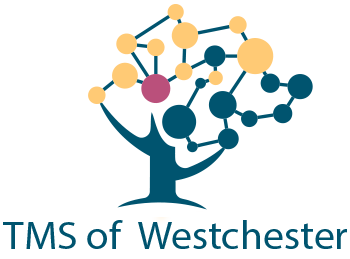
While the exact cause of depression is not known, the leading scientific theory is that depression is caused by decreased activity in the neural networks of the brain that regulate emotion and motivation. Increasing levels of neurotransmitters in the brain has been found to reactivate these neural networks, or create new networks. Neurotransmitters are chemical messengers that send signals between brain cells.
Depression symptoms are traditionally treated with psychotherapy and antidepressant medications, and these treatments are considered the first-line treatments. Specifically in the case of antidepressants, these medications are thought to increase the levels of under-performing neurotransmitters in the brain. While these changes have a positive effect for many, medications do not work for all and even when medication does work, there can still be some serious side effects.
More than 4 million patients do not receive adequate benefit from antidepressants and/or cannot tolerate the side effects that are sometimes caused by them. For these patients, alternative treatments for depression are available. These therapies have proven to work in some people that do not receive sufficient benefit from antidepressants and/or cannot tolerate the possible side effects caused by them. These treatments include: Transcranial Magnetic Stimulation (TMS), Electro Convulsive Therapy (ECT) and Vagus Nerve Stimulation (VNS).
Recent research into Transcranial Magnetic Stimulation (TMS) has created a new alternative treatment for depression. It is believed that by focusing electromagnetic pulses at specific regions of the brain, TMS activates and raises the levels of neurotransmitters in areas shown to be under-performing in people suffering from depression. TMS is a very promising treatment for depression and seeks to be a viable therapy for those who have not benefited from prior antidepressant medications.
© 2024 TMS of Westchester. All Rights Reserved.
